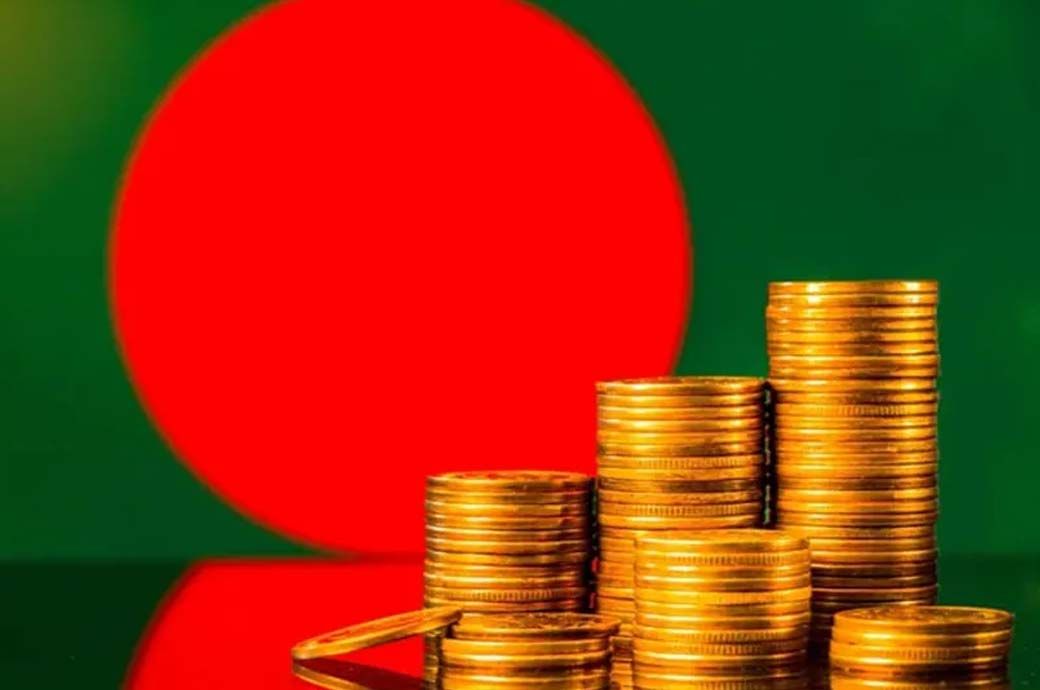
Bangladesh's short-term credit rating of ‘B’ implies it is more vulnerable to adverse business, financial and economic conditions, but has the capacity to meet financial commitments now. The long-term credit rating of ‘BB minus’ means the economy is less vulnerable in the near-term but faces major ongoing uncertainties to adverse business, financial and economic conditions.
"We expect external conditions to gradually stabilise over the next 12 months," said S&P Global, which forecast a stable outlook for the country.
Bangladesh's economic recovery remains on a sound footing, with 7 per cent real GDP growth projected over the next three years.
The normalisation of economic activity at home and abroad is supporting strong momentum in Bangladesh's labour market and export industries, the rating agency said.
However, new challenges have emerged in the form of the "exceptionally strong domestic demand conditions that are exerting pressure on Bangladesh's external settings," Bangladeshi media outlets quoted the rating agency as saying.
"Modest per capita income, which we estimate at less than $2,700 for fiscal 2023, remains one of Bangladesh's main rating constraints. This level of per capita income limits the fiscal and monetary flexibility needed to respond to exogenous shocks," S&P Global said.
"We may upgrade Bangladesh if the government materially improves its fiscal outcomes, including its very low revenue generation and elevated fiscal deficits, and experiences a substantial improvement in its external settings. We may also raise the ratings if we observe that Bangladesh's institutional settings have markedly improved," it said.
Bangladesh's foreign direct investment has remained persistently low, given the country's evolving institutional settings, infrastructure deficiencies, high levels of perceived corruption and uneven business environment, it added.
Fibre2Fashion News Desk (DS)